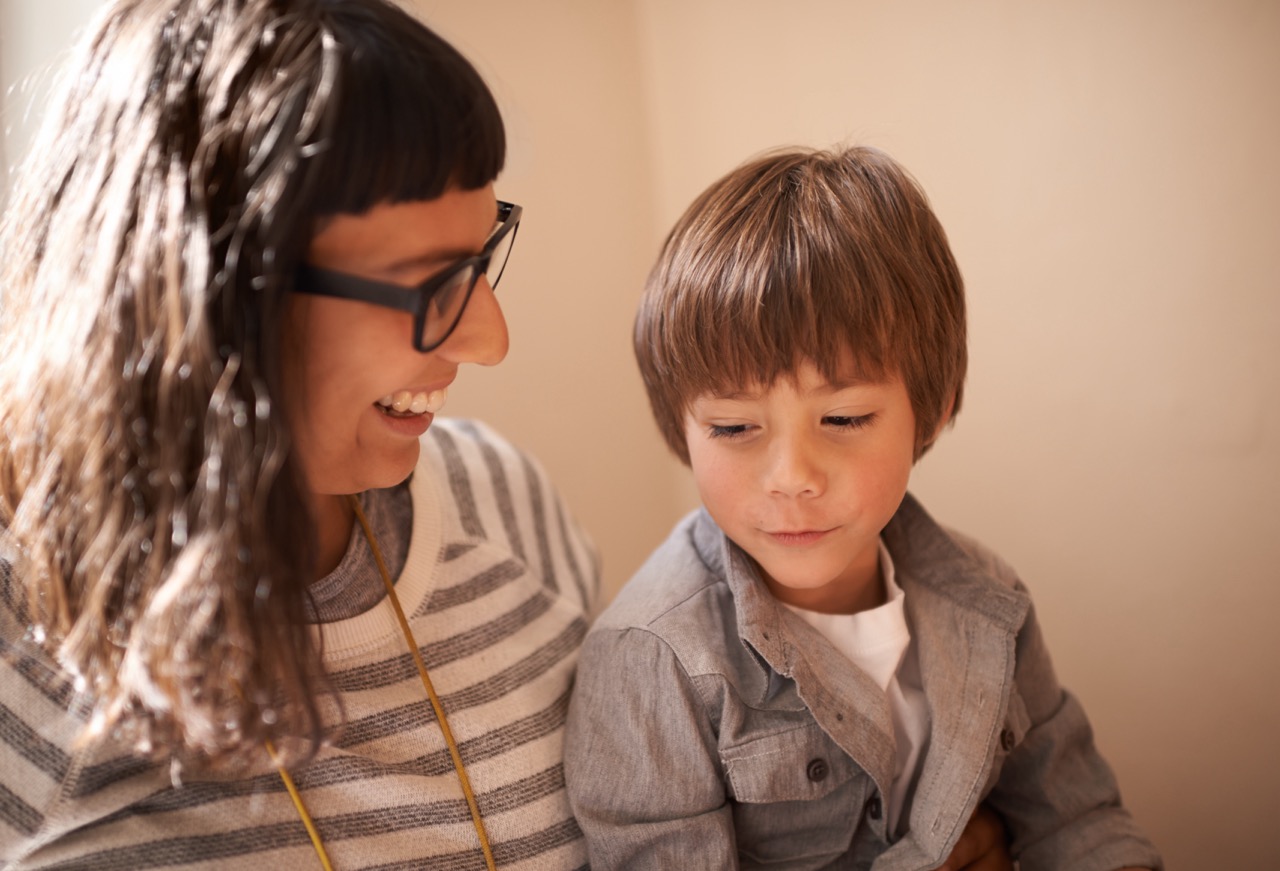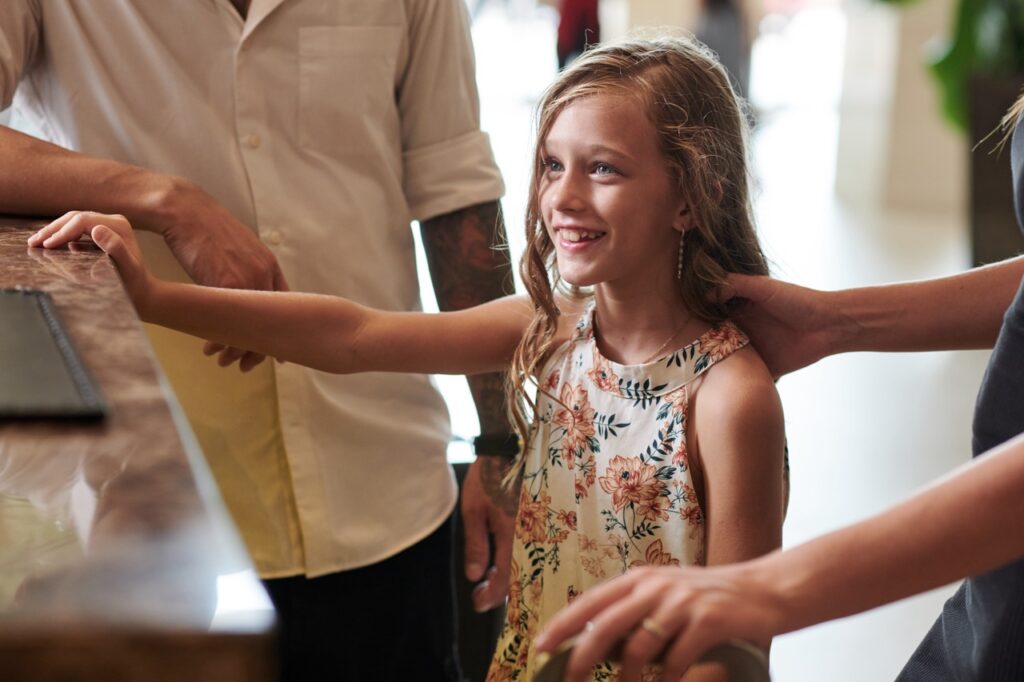Nurturing Potential Through Foster Care
Creating a Brighter Future by Supporting Growth, Healing, and Hope
A beautiful thing happens when foster parents like you invite children into their hearts and homes. With love, care, and guidance, these kids can overcome the challenges they’ve faced and discover their unique talents and strengths. When you provide stability and a safe place for a child in foster care, it allows them to be themselves. Secure with where they stand in the world. Fostering gives these kids a place. Fostering fills the void with a secure, safe and consistent daily routine.
Foster care journeys are marked by transformation, and nurturing plays a pivotal role in this metamorphosis. When foster children are enveloped in a nurturing environment, they blossom, and their futures are forever changed. In this story, we’ll explore the intricate dynamics of nurturing and provide actionable advice for creating a sanctuary of love and growth.

The Impact of Nurturing on Foster Children’s Lives
For foster children, having a safe and loving home makes all the difference. Foster parenting is about helping these children carry the weight of their past while encouraging them to move forward with hope and resilience. Often, foster children miss out on experiencing unconditional love and security. As a foster parent, you hold the key to breaking that cycle by building a trusting bond that fosters self-compassion, positivity, and a sense of hope for the future.
Building Strong Relationships with Foster Children
It takes focused attention, patience, and a genuine interest in each child’s unique talents to unlock their strengths. Spend quality time with each child, getting to know their interests, passions, and concerns. Show them you’re invested in their well-being by consistently supporting their journey, offering a stable presence, and listening to their hopes and fears.
Encouraging Personal Growth and Development
Fostering personal growth means giving children room to explore, try new things, and discover their strengths. Celebrate their successes, no matter how small, and embrace the lessons that come from mistakes. Growth happens through both triumphs and challenges. Reiterating these healthy coping mechanisms provides emotional support and guidance, kids are only receptive to after consistent support. Which isn’t the case with a lot of kids in the foster care system.
Children who have experienced trauma often carry emotional scars that require time and patience to heal. By understanding their stories, building a support network, and offering compassionate guidance, foster parents can help these children move forward.
Helping Foster Children Heal from Trauma
Healing from trauma is a gradual process, but with empathy and a deeper understanding of their experiences, you can offer the right kind of support. Helping foster children heal is about creating a nurturing, empathetic space where they feel safe enough to process their emotions.
Navigating the Foster Care System
Navigating the complexities of the foster care system can be overwhelming at times, but you don’t have to do it alone. Seeking support from other foster families, communicating openly with your Bair caseworker, and advocating for the services your foster child needs. Bair provides 24/7 support for you and the children in your care. We advocate for children and will help you when you need it.
A nurturing home environment is essential for helping foster children reach their potential

Here are a few key strategies:
Providing a Safe and Stable Living Space
Make sure your home is a safe, stable place where your foster child can feel at ease. Giving them their own space, even just a room to decorate, helps create a sense of ownership and belonging.
Encouraging Healthy Habits and Self-Care
Foster children’s well-being depends on developing healthy habits—physical, emotional, and mental. As a foster parent, you can guide them toward better self-care routines that support their overall well-being.
Fostering a Sense of Belonging and Family
Make foster children feel just as valued as any other member of the family. Including them in everyday family activities, like shared meals or holiday traditions, helps foster a sense of belonging and acceptance.
long-term benefits of nurturing foster children
The time you spend fostering a child has a lasting impact on their emotional and psychological well-being. As they navigate the challenges of childhood, they develop resilience, adaptability, and emotional intelligence—skills that will serve them well throughout life.
Enhanced Social and emotional skills
Foster children often develop strong social and emotional skills through the support they receive in their foster homes. From learning how to communicate effectively to building lasting relationships, these skills become the foundation for their future success.
Increased Resilience and Adaptability
By providing a loving and patient environment, you can help foster children develop resilience and adaptability, giving them the tools to handle life’s challenges with confidence.
Supporting Foster Parents in Their Role
Becoming a foster parent can feel overwhelming, but there are resources Bair can provide and foster family support groups available to help you along the way.
Accessing Resources and Support Services
Take advantage of the resources and support services your Bair caseworkers make available to you. Training programs, counseling, respite care, and help with additional expenses not covered by traditional foster care is available and can make a big difference in your journey. Just ask!
Connecting with Other Foster Families
Connecting with other foster families provides invaluable support. Whether it’s through local foster parent groups or Bair’s foster family support group, building a community of like-minded individuals can offer practical advice and emotional encouragement.
Prioritizing Self-Care and Mental Health
Your mental health is just as important as the well-being of the children in your care. Make time for yourself and prioritize activities that bring you joy. If needed, seek professional support to maintain your emotional balance.
Helping Foster Children Thrive
In foster care, creating an environment of love, vulnerability, and trust can help children begin to heal. As you nurture them through their challenges, you give them the opportunity to transform, opening doors to a brighter future.
The bond between a foster parent and a child can be life-changing. With patience, empathy, and understanding, you can provide a safe space for a foster child to heal, grow, and thrive. In a world where every child deserves a loving home, fostering provides an opportunity to make a lasting impact, not just on the children in your care but on the world around you.
Nurturing potential through foster care is a powerful way to make a lasting difference in a child’s life. By offering a safe, supportive, and loving environment, you help children heal from trauma, overcome adversity, and unlock their full potential. Though the journey may have its challenges, the rewards are immeasurable. Watching a child grow, succeed, and thrive is one of life’s greatest gifts.
Fostering is not about creating perfection; it’s about fostering compassion and understanding, helping children heal from the wounds of their past, and building a future filled with hope. At The Bair Foundation, we’re committed to partnering with you to make a lasting difference in the lives of children in need. If you’re not yet a foster parent but are interested in learning more, we offer valuable, free training to help you get started. Simply fill out a form for more information. With over 250,000 children served, our mission continues. Join us today!
Every year, more than half a million children are the victims of abuse and neglect.
When these children enter foster care, we provide foster families with the support they need to turn tragedy into hope.
Become a Foster parent